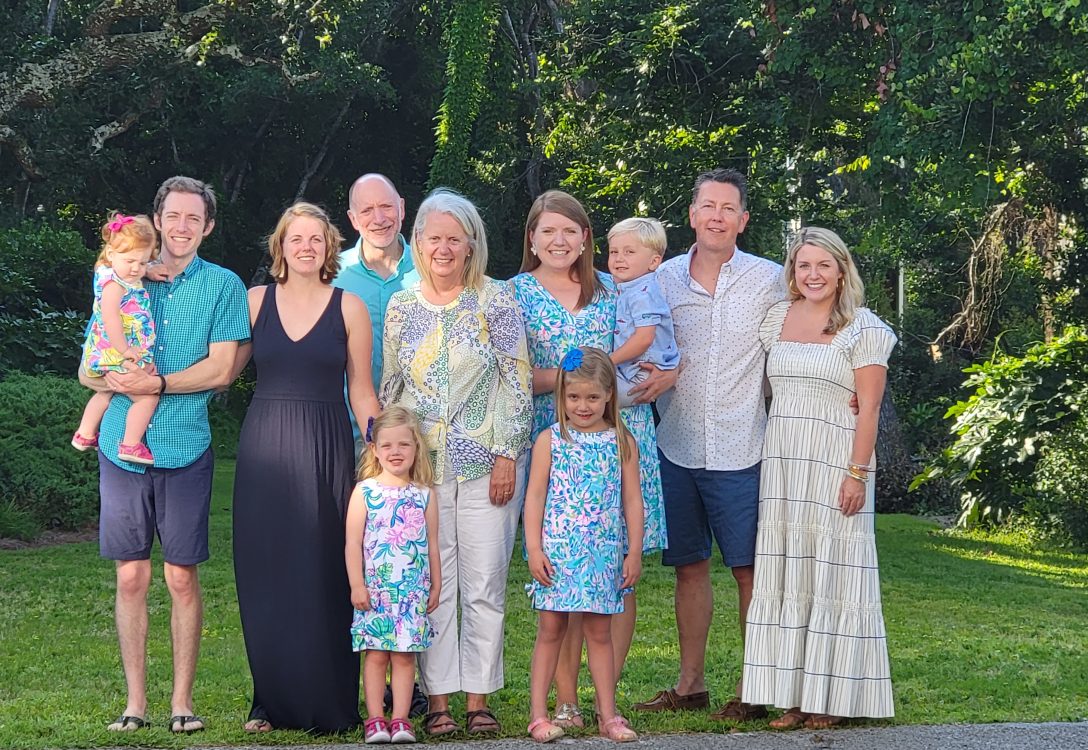I recently heard my church friend, Dr. Art Charlesworth, a university professor state these words: “perfection is boring.”
He cited an example of a gifted musician performing a newly written song in a concert. At some point, the musician botched up the lyrics and had to pause.
But, Dr. Charlesworth also referenced his own pursuit of perfection related to technology.
He was counting on technology to start a class for his students, but something wasn’t working properly. In a panic, he reached out to university staff and friends who frantically offered suggestions. None of the suggestions worked until someone wisely told him—“reboot your computer.”
For various reasons, we all pursue perfection.
I pursue perfection with my lawn. Right now that perfection is being ruined with a pesky, pesty weed—hairy bittercress. The bad thing about this nuisance is its seed pod. When the seed is mature, the pod fires out into the lawn like a rocket blast.
We have a woodpecker who is pursuing the perfection of claiming his territory and searching for a mate with the arrival of spring.
As the first rays of sunlight crest into our neighborhood, this wacky woodpecker lands on the metal cap of our chimney that serves our den.
With the same fierceness of tapping into the cobbled bark of a pine tree, this woodpecker attacks that metal cap. This beak hitting metal sound is like a jack hammer pounding asphalt.
After several rounds of metallic tapping, the woodpecker lets out a bellowing squawk as if announcing—“ok ladies I’m here, I own this section of Rollingwood.” And then the rapid fire tapping returns its sound reverberating through the den.
I think to myself with all the energy Woody is using trying to attract a Woodette, if he happens to get lucky, I’m wonder if he says to her when she arrives—“I’m sorry, but I have a headache.”
Oh, the pursuit of perfection.
During the pandemic, the Commander Supreme and I have been Zooming with our cherished group of college friends. We Zoom once about every two weeks on Sunday afternoons.
Butch, Dan, Doug, the two Steves, and I have been through a lot in the fifty years we have known each other. But somehow, through the good and the bad, the guys, our spouses, significant others, children, grandchildren, and pets have held together.
Perfection is part of those conversations. It is still a part of our DNA for lots of different reasons. But, I sense that each of us in our on unique way is coming to grips with the imperfections of aging—our health both physical and mental.
A recent call had an animal theme.
Doug had recently adopted a little dog named Corky. Yadkinville Steve had adopted a big cat named Todd, and Butch shared with us a recent encounter with a drink named a Duck Fart.
While we were all eager to learn about Corky and Todd, that drink name made all of us ducklings a bit curious.
If you have experienced a difficult day, and you sense an urgent need to forget that day, I think a Duck Fart within a few seconds would erase that day, and probably the last twenty years.
The duck fart is a layered shot of dark Patron tequila, Crown Royal, and Bailey’s Irish Cream.
The next time our college friends can safely schedule an in person gathering, we will be sampling the Duck Fart. And, I’m sure for those who partake— nap time will arrive quickly.
And now, I have a confession, I love my college pals, and as heartfelt and honest as those conversations can be, I need those Zoom chats for one very simple selfish reason—those calls make me laugh—sometimes to the point of tears.
No matter who or where the humor comes from I need that laugh. We know each other so well that the humor usually comes from our own self-deprecation or gentle pokes at each other, and at the bottom of that laughter is something priceless— love.
I treasure that laughter.
For in that laughter in those few brief ticks of time, the world goes away. Its troubles, fears, worries, anxieties— vanish. This relief comes as my ears ring with the priceless sound of laughter.
If God gave us laughter, I am grateful.
But, I’m even more grateful for the love and laughter from our college pals. In its own unique way that laughter has sustained us.
If “perfection is boring”— then laughter is an imperfect perfection for our souls.
And God knows all of our souls need to laugh.

Author’s note: On Sunday, March 28, Might Be Baloney enjoyed post number 200 on our WordPress site. I want to thank my family, relatives, friends, and strangers who have patiently put up with my posts since 2017. I am honored that you take the time to read the posts, and even more appreciative when you comment with encouraging words. A special thanks to our youngest daughter, Elizabeth, who completed the template for the blog. Please check out some of her photography on the site. Many thanks, and the photo is of the pesty, pesky weed Hairy Bittercress by Bill Pike.







